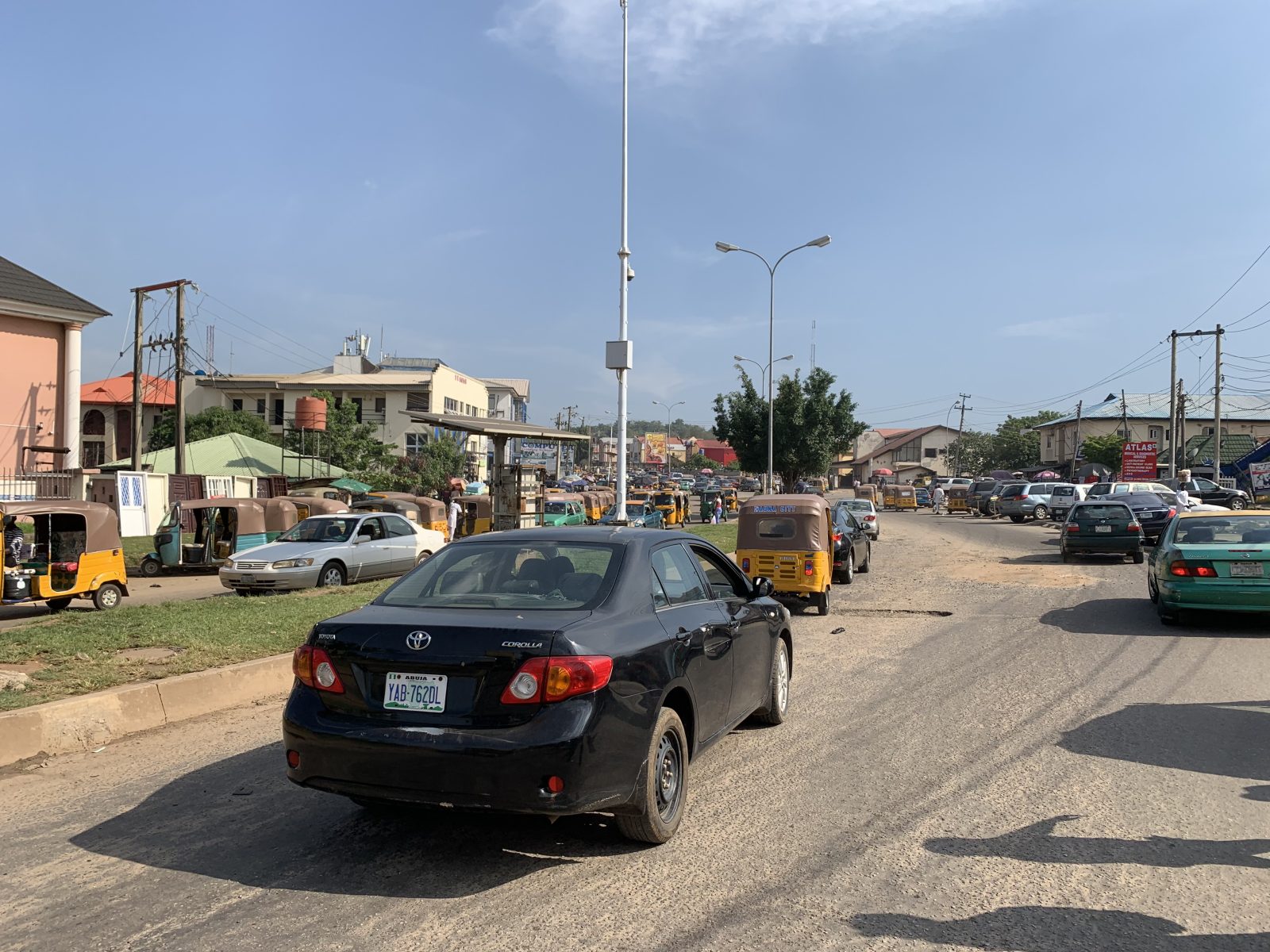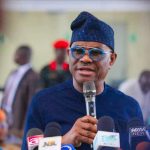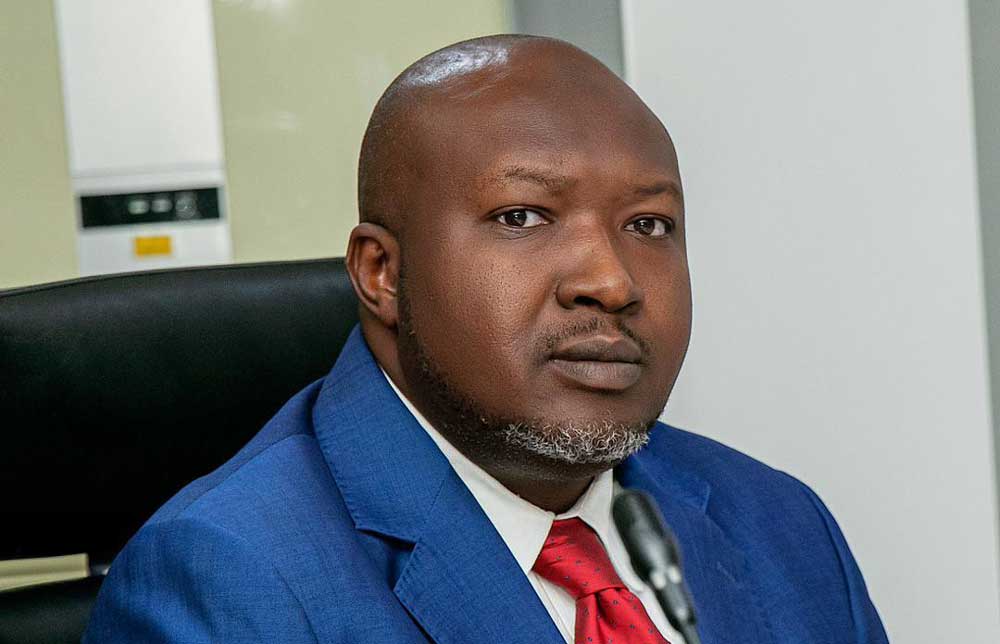Residents of the Federal Capital Territory (FCT) are having trouble sleeping at night due to the current epileptic power supply and heatwave being experienced in the nation’s capital.
The residents lamented that living without electricity especially during the Easter festivities has exacerbated the situation.
A cross-section of FCT residents expressed displeasure about the situation on social media as pieced together by a Persecondnews correspondent.
Persecondnews recalls that the Abuja Electricity Distribution Company (AEDC) had previously clarified that the country’s present low generation level was the cause of the ongoing inadequate power delivery.
On March 28, Persecondnews had previously reported that power distribution businesses in all geopolitical zones reported that their feeders were rendered unusable, resulting in widespread blackouts across the country.
But the TCN claimed in a statement on Friday that the grid had fully recovered by 10 p.m. that same day, following its failure.
“We remain optimistic that power supply will be restored to optimal normalcy soon, as the grid restoration continues We will keep you informed,” stated Ndidi Mbah, the TCN spokesperson.
According to a report from the National Control Centre in Osogbo, Mbah added, a major decrease in generation capacity—mainly as a result of gas constraints—was what set off the system disturbance.
She clarified that as a result of this decrease, system frequency dropped quickly, resulting in “a sudden imbalance in the grid.”
She said: “The imbalance in grid stability was exacerbated by the sudden tripping of Egbin generation Turbine 3, resulting in an additional loss of 167MW load and the subsequent collapse of the grid.
“The grid has, however, since been recovered and is stable, and is currently transmitting all the generated power to distribution load centres nationwide.
“TCN emphasizes its unwavering commitment to addressing grid challenges and actively working to mitigate disruptions. In instances where challenges extend beyond TCN’s control, the company collaborates with other stakeholders in the power sector value chain to minimize the impact and swiftly restore the grid to normal operation”.
The FCT residents, who expressed displeasure on social media, decried the epileptic supply by the Abuja Electricity Distribution Company (AEDC) in their areas, describing the situation as ‘inhuman and insensitive’, especially during the Easter celebration.
@Henribankz
Dear @officialABAT
Sir, Today is Easter Sunday and there is no light in Abuja, even on the 33kva line that should have light 😑.
@ugh_wtfbro
#AEDC @officialABAT @NGRSenate @UN
#Easter #Ramadan How can you guys deprive people of electricity on a festive period like this? Injustice. Please instruct them to turn on the lights, the weather is too hot even with the a.c on. Be humane Nigerian govt. It’s a festive day. #Allah
@edemokon10
@GovWike please use your good office to help us restore electricity supply as we’re living in hell here in gwarinpa. All forms of complaints has yielded no results as they (aedc) will apologize every day without doing the needful. Its sad that in 2024 we cannot have electricity.
@QueenMoye09
@aedcelectricity AEDC give us light. Give us light oooooo….is that too much to ask? Since yesterday morning, no light in Pipeline, Kubwa. You brought the light around past 8pm or thereabout and it didn’t even stay for 10mins and it’s been out since till now. Give us light.
@iTooD0
AEDC it’s Easter Sunday, at least have some shame!!!
This episode represents yet another blow to Nigeria’s electrical industry, which has been plagued by enduring problems in spite of attempts at privatisation meant to bring it back to life.
The grid has seen an astounding 141 breakdowns in the ten years after privatisation, highlighting the severity of the fundamental problems the sector is currently confronting.
Significant power facilities like Afam, Geregu, Ibom Power, Jebba, Kainji, Odukpani, Olorunsogo, and Egbin, among others, stayed idle, worsening the country’s electricity shortage.
According to a report by the International Energy Agency, Nigeria’s national power grid collapsed 46 times from 2017 to 2023, with Nigerians enduring more nationwide blackouts in 2023, especially on September 14, when the grid collapsed due to a fire on a major transmission line.
Persecondnews also recalls that the Minister of Power, Dr. Adebayo Adelabu, had come out to assure Nigerians that the current power problems would be over in the next three to six months, stating that gas suppliers, who have refused to supply gas to power generating companies due to unpaid debts, would start receiving payments from April.
























Leave a comment